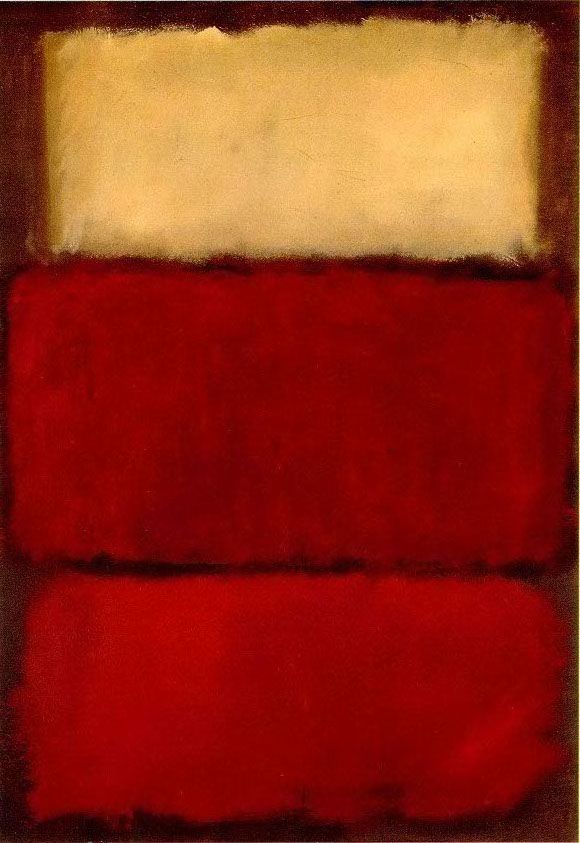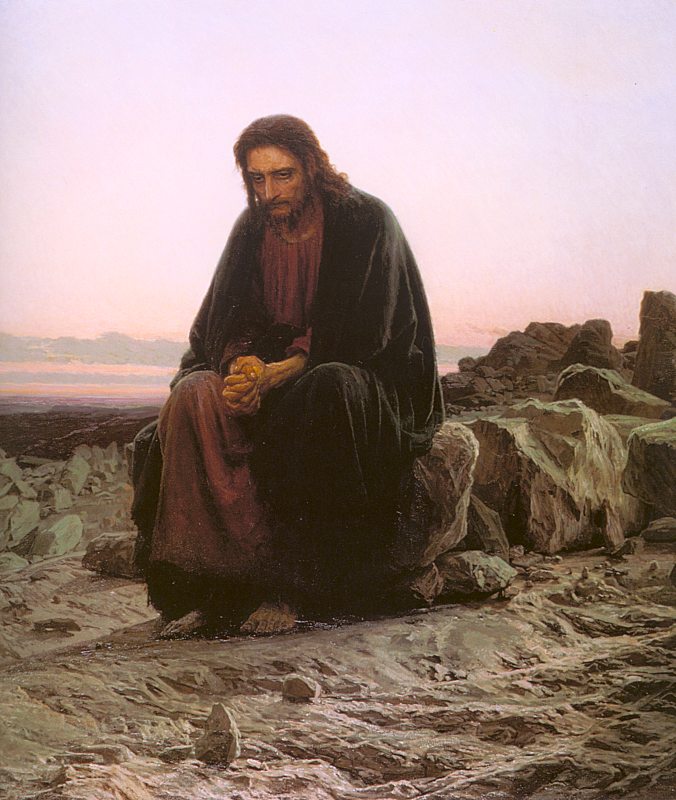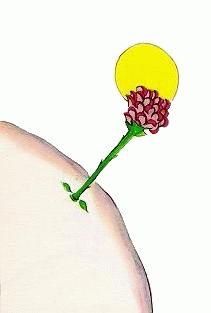What are the following images of?

In the Little Prince the narrator explains how when he was younger he wanted to become a painter/artist but when he would show his drawings to grown ups they never understood or would see what he felt he had drew.
vision
–noun
1.
the act or power of sensing with the eyes; sight.
2.
the act or power of anticipating that which will or may come to be: prophetic vision; the vision of an entrepreneur.
3.
an experience in which a personage, thing, or event appears vividly or credibly to the mind, although not actually present, often under the influence of a divine or other agency: a heavenly messenger appearing in a vision. Compare hallucination ( def. 1 ) .
4.
something seen or otherwise perceived during such an experience: The vision revealed its message.
5.
a vivid, imaginative conception or anticipation: visions of wealth and glory.
6.
something seen; an object of sight.
7.
a scene, person, etc., of extraordinary beauty: The sky was a vision of red and pink.
There are many definitions alone for what vision is and in each of those definitions are different perspectives. We all have different visions. We see things in different ways through different eyes. Sure there are basic forms that we can recognize and agree on but other times we lack imagination to see that the images above are of a boa constrictor who swallowed an elephant.
In many instances we let our actual sense of sight get in the way of what is actually there.
Appearances can be deceiving.
Beauty is in the eye of the beholder.
Don't judge a book by it's cover.
These phrases all have to do with your vision.
My sight has always been one of my favorite senses. I love seeing colors, shapes and motion. I especially love my sight when it comes to art. There are many different forms and styles of art. Some of my favorite style of art is abstract expressionism. Any abstract art really. In abstract art you basically see what you want to see but sometimes the artists' intent is for you just to see what is simply there. For example Mark Rothko's work.

Rothko just paints block of colors.
As viewers of art when the composition is simple we tend to want to complicate it and uncover an underlying message. We tend to do this when someone tells us the truth. For some reason we need frivolous details and a climatic build-up to believe something really happened.
This brings me to my parallel in religion.
The parallel:
When things are visibly simple we tend to cast it aside. It's not worth paying attention to. We need things to be complicated to stay entertained. So as a result religions have created these unbelievable stories to entice us to believe, ironically. If we were told that Buddha was born just like we were his teachings for some reason would seem less relevant. If we found out that Jesus had a family of his own his sacrifice would seem less relevant. I can go on and on.
Why would religion seem less relevant if the stories were less exciting and extraordinary?
We have this perfect image of what religion/God is and we get lost in this vision that really doesn't exist. The moment someone tries to bring us back down to earth it either bursts our bubble or we go crazy defending our perfect vision.
Personally I don't think it should have to resort to either one of those things. I know that it has been said religion can't be rationalized, sure that is undeniable, but can't faith be rationalized?
We see what we see and just because others can't see what we see, doesn't change what we see or make it less relevant.






























